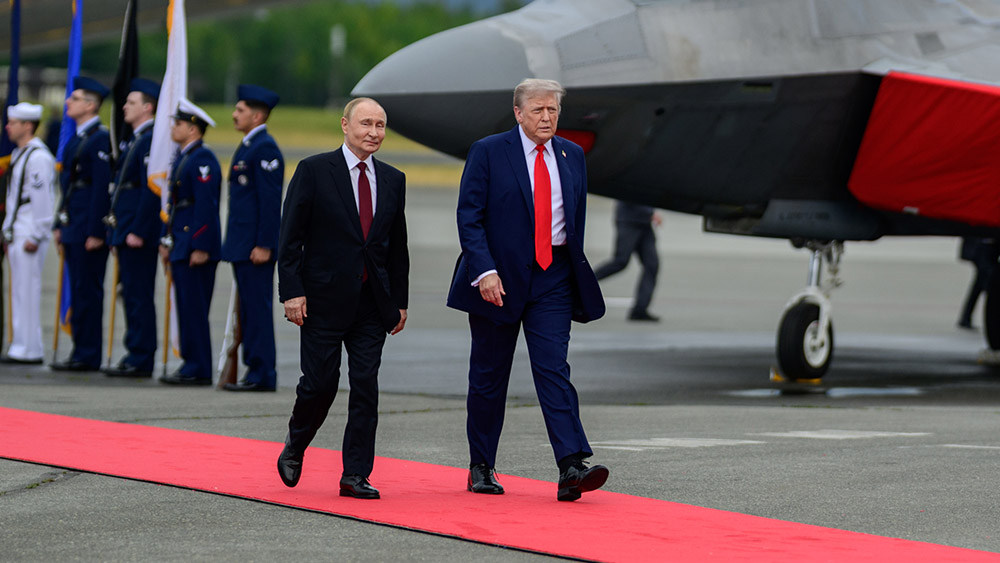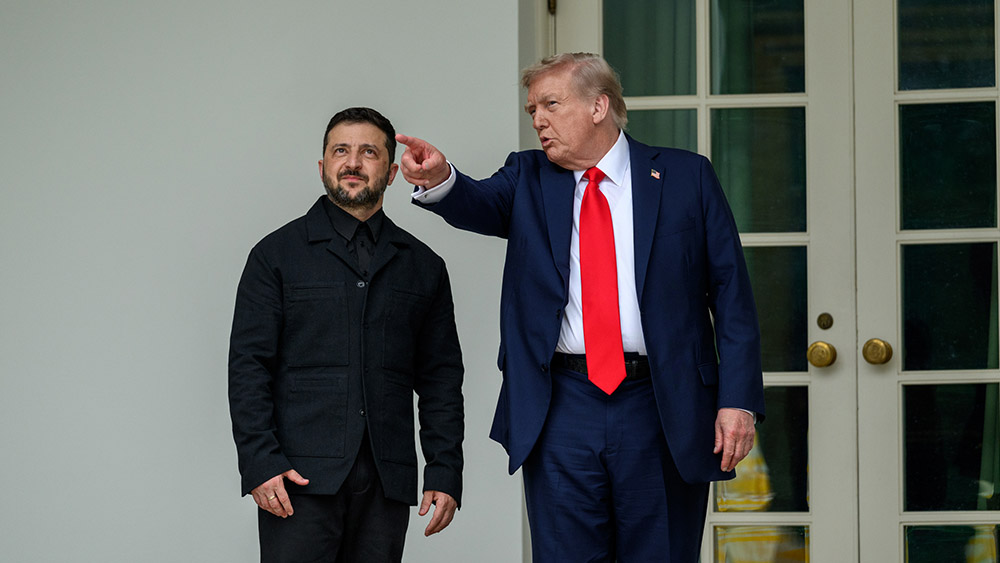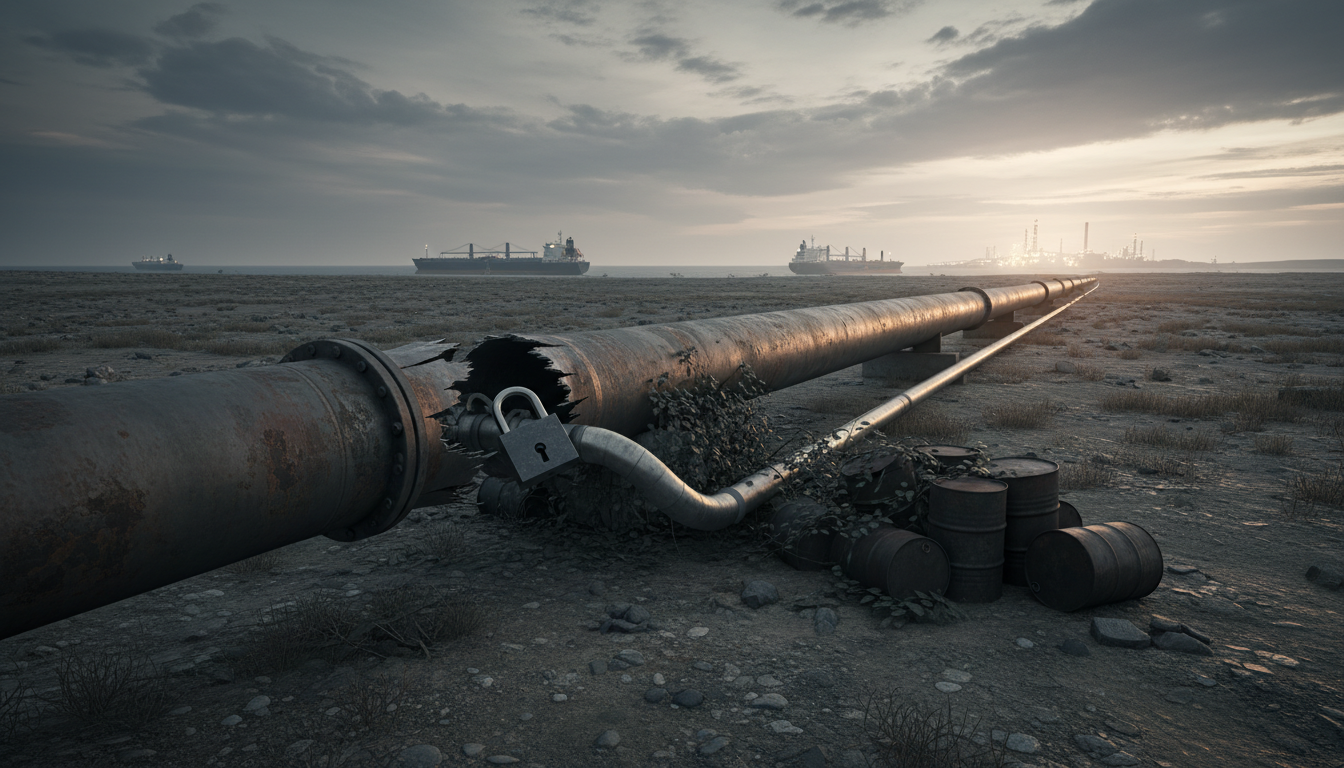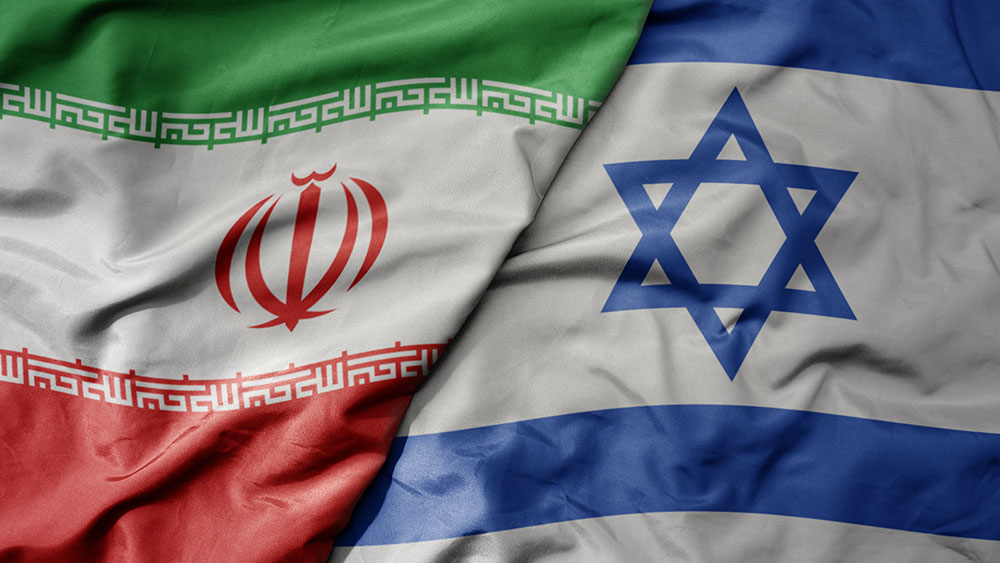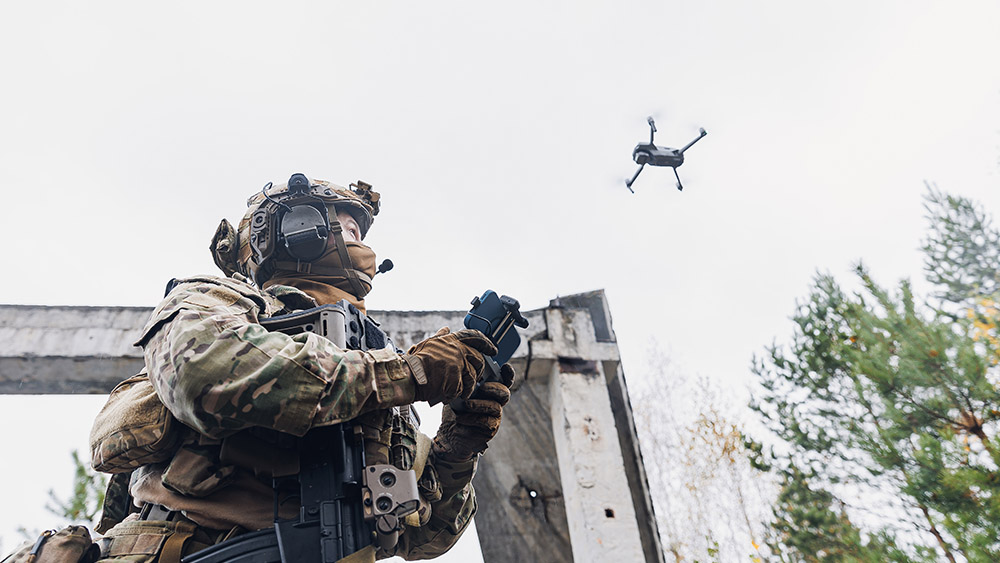 Parler
Parler Gab
Gab
- Poland announces it has reached its limit for accepting Ukrainian refugees.
- The nation will now focus on integrating the 1.5 million Ukrainians already there.
- Public support has declined from the initial wave of solidarity in 2022.
- The new president vetoed a bill to extend benefits for refugees.
- Despite political friction, studies show refugees are a net economic positive.
A long-term population
Compounding the integration challenge is data suggesting most refugees are in Poland to stay. A new study from Germany’s Ifo Institute found that just 3 percent of Ukrainian refugees in Europe would return to their home country in the most pessimistic post-war scenario. The vast majority view territorial integrity and Western security guarantees as prerequisites for return. The political landscape in Poland is adapting to this public fatigue. During the recent presidential campaign, candidates across the spectrum have adopted tougher stances on refugee benefits. Conservative candidate Karol Nawrocki, who ultimately won the election, vowed to prioritize Polish citizens for medical services and schools, championing a "Poland first" approach. Following through on his campaign promise, President Nawrocki recently vetoed legislation that would have prolonged benefits for Ukrainian refugees. "We remain open to providing assistance to Ukrainian citizens – that hasn’t changed," Nawrocki said in a statement. "But after three and a half years, our law should be amended." He argued against the "privileged treatment of citizens of other countries."Economic contributions versus social friction
The government of Prime Minister Donald Tusk criticized the veto, with the labour minister calling it a failure of "human decency." The move highlights a legislative deadlock between the new president and the government, complicating future aid for both refugees and Ukraine itself. Despite the rising political tensions, studies indicate that Ukrainian refugees have been a net positive for the Polish economy. Research from Poland’s National Development Bank found that Ukrainians contributed more in taxes than they received in benefits, and that their labor was crucial for economic stability. The Ukrainian ambassador to Poland noted that about 70,000 Ukrainian-run businesses now operate in the country. For the Ukrainians who have built new lives in Poland, the changing atmosphere is palpable. One Ukrainian woman, who asked not to be named, described how sympathetic greetings of "Glory to Ukraine" in 2022 have been replaced, on rare but shocking occasions, with verbal and physical hostility. She worries that such tensions ultimately serve Moscow’s interests. The situation in Poland serves as a cautionary tale for nations accepting large refugee populations. The initial moral impulse to help can only be sustained for so long before practical realities and social pressures force a recalibration. For Poland, the era of open-ended welcome is over, replaced by the complex and difficult task of building a cohesive society with the millions who now call it home. Sources for this article include: RMX.news APNews.com TheGuardian.comBulgaria offers air corridor for Putin to meet Trump in Budapest peace summit
By Cassie B. // Share
Trump REJECTS Zelensky’s request for Tomahawk missiles
By Ramon Tomey // Share
U.S. and China trade cyberattack allegations as tensions escalate
By Belle Carter // Share
EU’s phased ban on Russian gas: A geopolitical shift with far-reaching consequences
By Gregory Van Dyke // Share
Escalating tensions raise fears of Iran-Israel conflict
By Belle Carter // Share
U.K. grants military new powers to shoot down hostile drones amid rising threats
By Willow Tohi // Share
Governments continue to obscure COVID-19 vaccine data amid rising concerns over excess deaths
By patricklewis // Share
Tech giant Microsoft backs EXTINCTION with its support of carbon capture programs
By ramontomeydw // Share
Germany to resume arms exports to Israel despite repeated ceasefire violations
By isabelle // Share
